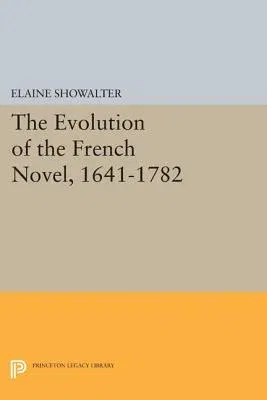In France between 1641 and 1782 the romance developed into the novel.
Mr. Showalter's intensive study of the novel, particularly during the
critical period 1700-1720, shows that an important movement toward
nineteenth century realism was taking place. To trace this development
the author has selected five phenomena--time, space, names, money, and
the narrator--and follows their treatment throughout the period to show
why romance tended toward the novel.
To show the working-out of these ideas there is a detailed analysis of
one novel, Robert Challe's Les Illustres Francoises, which can be
precisely located in the chain of literary influence. Its central theme
of the individual in conflict with society was well suited to the forms
available to the eighteenth century novelist. Consequently it appears
repeatedly in important novels of the period, showing that the
evolutionary process worked to some degree even on subject matter.
Originally published in 1972.
The Princeton Legacy Library uses the latest print-on-demand
technology to again make available previously out-of-print books from
the distinguished backlist of Princeton University Press. These editions
preserve the original texts of these important books while presenting
them in durable paperback and hardcover editions. The goal of the
Princeton Legacy Library is to vastly increase access to the rich
scholarly heritage found in the thousands of books published by
Princeton University Press since its founding in 1905.

